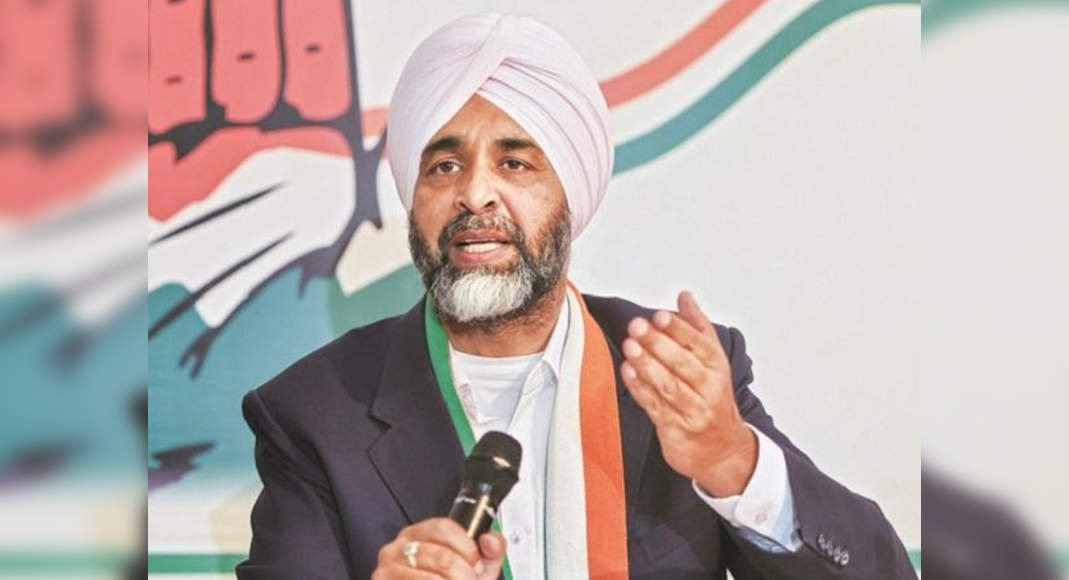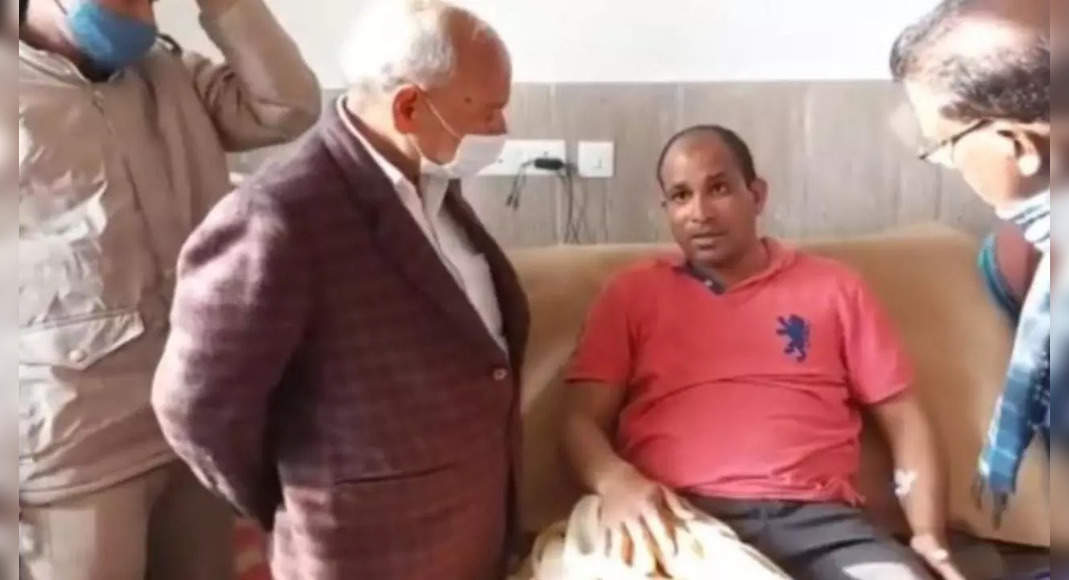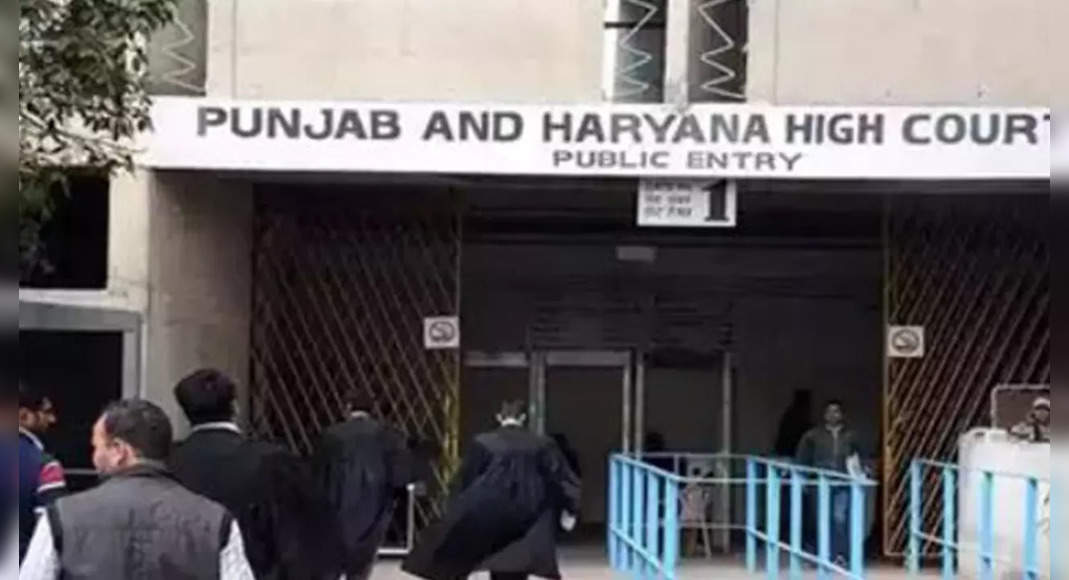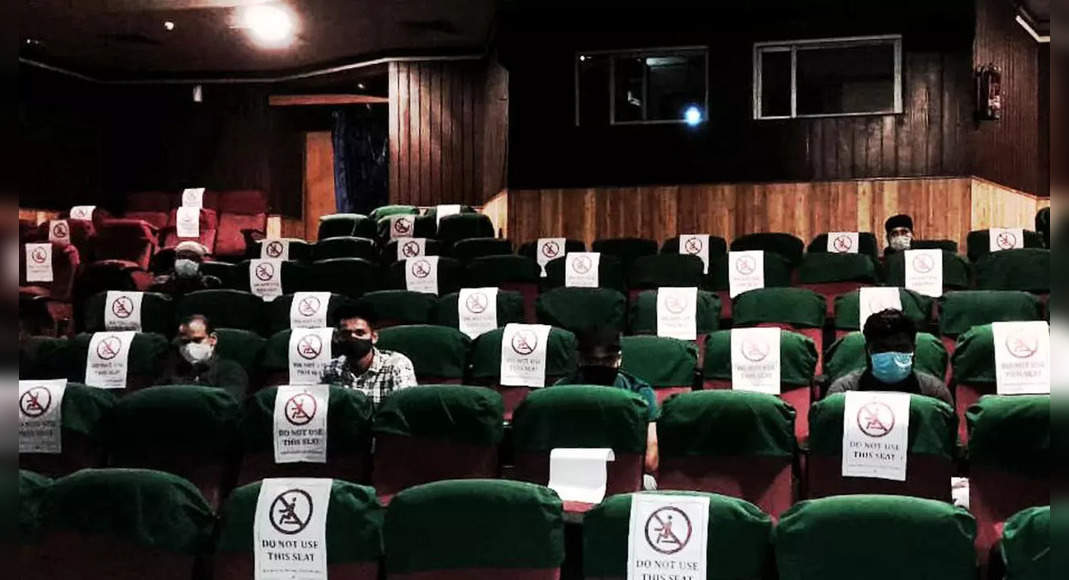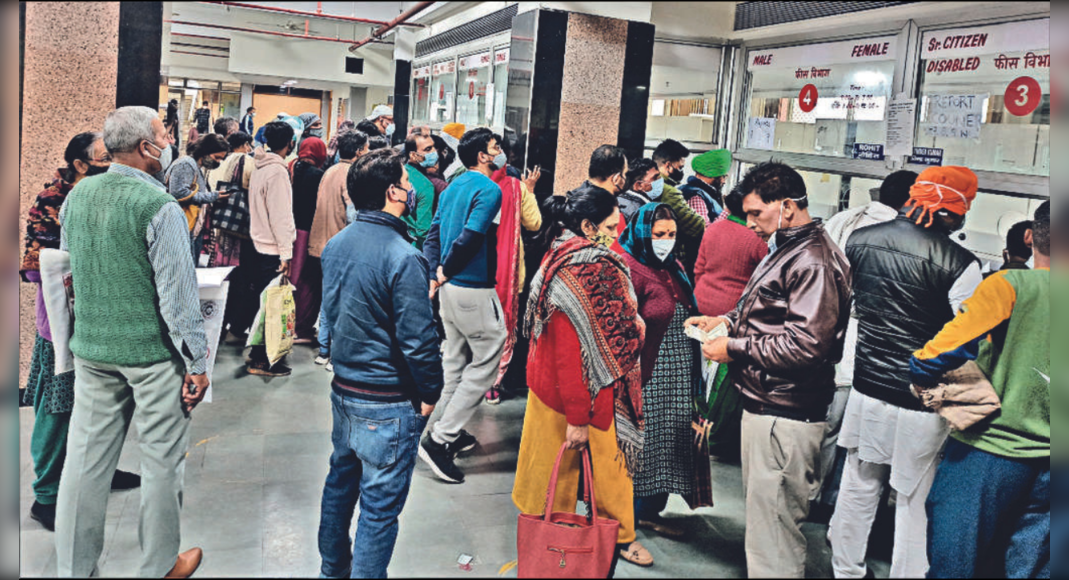CHANDIGARH: Reacting to the decision to limit Covid exemptions in August, Punjab finance minister Manpreet Singh Badal on Saturday said the GST council’s group of ministers (GoM) should stop acting like a ‘shahenshah’ of yesteryears and instead let compassion speak through its decisions.
Demanding that all Covid-related goods must be zero-rated during the pandemic, Manpreet said he vehemently opposed the imposition of GST on Covid-related items at this time of a national crisis and recorded their note of dissent.
“The other alternative is to charge 0.1%, which is well within the powers of the GST council, and this measure should be in place till the pandemic is over.
Covid crisis is a once in a century calamity,” he said.
Manpreet vehemently criticised the attempt to garner revenues from furnaces from crematoriums stating that this category should be even above the exemption category.
“Is this how the Union government wishes to collect revenues?” he asked.
“Covid-related exemptions should not be over by August31.
Is Covid going to be over by then, he asked? We need to have a more realistic and reasonable time frame and one, which is based on compassion,” he said.
Referring to his observations made at the 44th meeting of the GST council last month, Manpreet said he had urged the Centre to include representatives of the Congress in the group of ministers (GOM).
“It is preposterous that the principal opposition party of India in both the Lok Sabha and the Rajya Sabha has been excluded in the GoM,” he said.
He also demanded that the chairperson should operationalise the position of vice chairperson of the GST Council.
Further, the GST council must have its own secretariat, and it should be empowered to adjudicate on Dispute Resolution Mechanism where there are divergent views.
He regretted that the GoM is not acting with compassion, and it is parroting the Union Government, perhaps out of the fear that they may not be included from a future GoM.
Manpreet reminded the GoM that health care services, including all recognized systems of medicine (allopathy, ayurveda, unani, homoeopathy, yoga), are already exempt under GST.
The supply of medicine that is a part of the treatment package is also exempt since the entire transaction is considered a service.
He criticised the discussion for restricting GST on government hospitals versus private hospitals.
“The idea that we need GST registration and billing and later file returns are farcical.
What would a consumer feel on seeing GST reflected on an invoice?” he said.
The imposition of GST on Covid preventive materials,starting with GST on vaccines and items like masks, PPEs, hand sanitisers, medical-grade oxygen, testing kits, ventilators, Bipap machine, and oximeters among others reflect “insensitivity and lack of compassion,” he said.
Manpreet cautioned that the attempt to “pick and choose” exemptions on the grounds of inverted duty structure or cheaper imports would end up destroying the foundation of GST.

